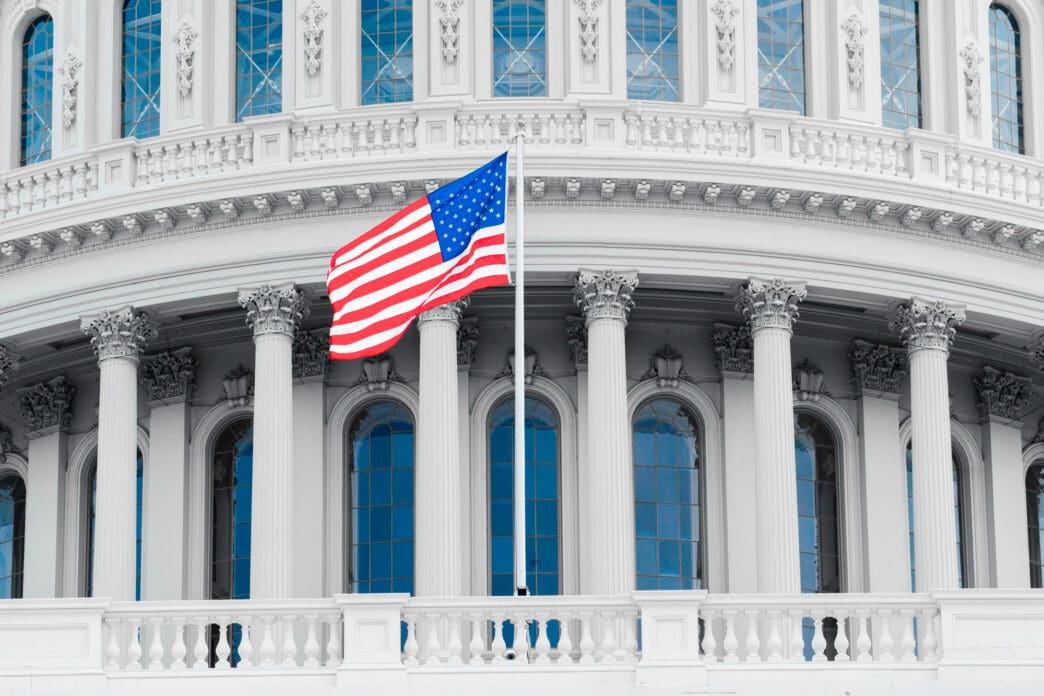Executive Summary
The Story So Far
Why This Matters
Who Thinks What?
Congress faces an imminent government shutdown with less than 24 hours remaining until the midnight deadline on September 30, 2025. A high-stakes meeting between President Donald Trump and top congressional leaders at the White House on Monday failed to yield progress, leaving lawmakers in a bitter stalemate over a stopgap funding plan. The core dispute centers on Democratic demands for extensions of enhanced Affordable Care Act (ACA) subsidies and a reversal of Medicaid cuts, which Republicans insist should not be tied to keeping the government open.
Stalled Negotiations
The impasse follows weeks of disagreement, making a government funding lapse in President Trump’s second administration increasingly likely. Senate Republicans are preparing to give Democrats another opportunity to support their plan, which would extend government funding for seven weeks without the policy provisions sought by Democrats.
Senate Majority Leader John Thune aims to pressure Senate Minority Leader Chuck Schumer, who has so far blocked the GOP’s “status-quo” funding bill. Schumer has placed responsibility on President Trump and Republican leaders to meet Democratic demands for health care concessions.
Partisan Blame Game
Republicans accuse Democrats of holding government funding hostage, arguing that negotiations on ACA tax credits should be separate from appropriations. Senator Josh Hawley, a Republican advocate for extending these credits, stated he sees no reason to force a shutdown over the issue, expressing willingness to work on the matter outside of funding deadlines.
Conversely, Democrats have consistently linked health care concessions to government funding. They emphasize the need to address a “health care collapse,” referring to expiring ACA subsidies and Medicaid cuts enacted under President Trump’s “One Big Beautiful Bill Act.”
GOP Strategy to Force a Vote
Senate Republican leaders have indicated their strategy is to repeatedly vote on their seven-week funding extension until Democrats yield. They believe public outcry over a shutdown and the furloughing of federal employees will compel Democrats to capitulate.
Senator John Kennedy, a Republican, dismissed Democratic demands for health care negotiations before the midnight deadline as “unserious,” suggesting Democrats desire a shutdown. Senator Markwayne Mullin echoed this, stating, “There’s no other option” than to keep putting the GOP package to a vote.
Senator Kevin Cramer predicted that any potential shutdown would be brief, as he believes Democrats would not sustain a prolonged opposition to funding the government. Senator John Fetterman, a Democrat who previously voted for the GOP plan, expressed concern over the potential chaos and disruption a shutdown would cause for millions of Americans.
Outlook
With the deadline rapidly approaching, the prospects for an agreement appear dim. The entrenched positions of both parties, coupled with the Republicans’ strategy of persistent voting and the Democrats’ insistence on health care concessions, suggest a high likelihood of a government shutdown.








